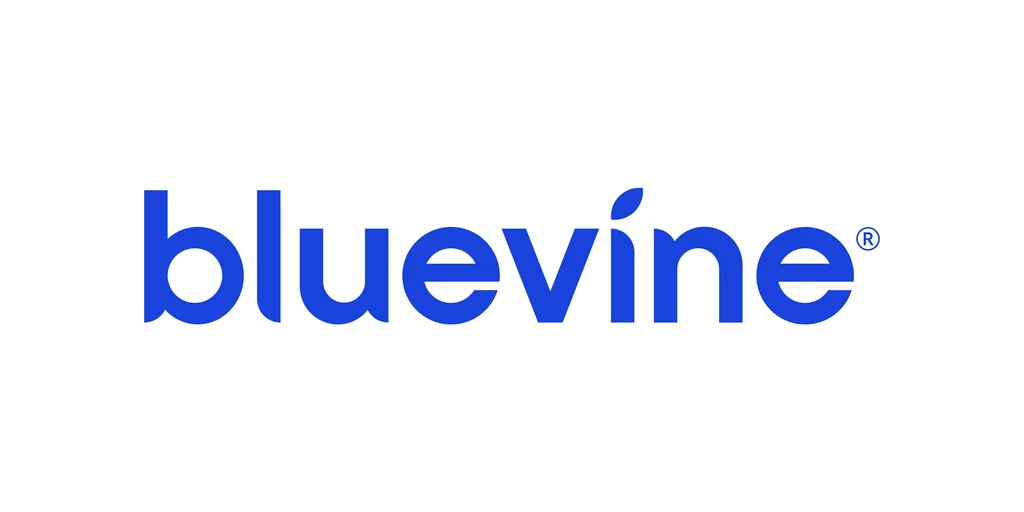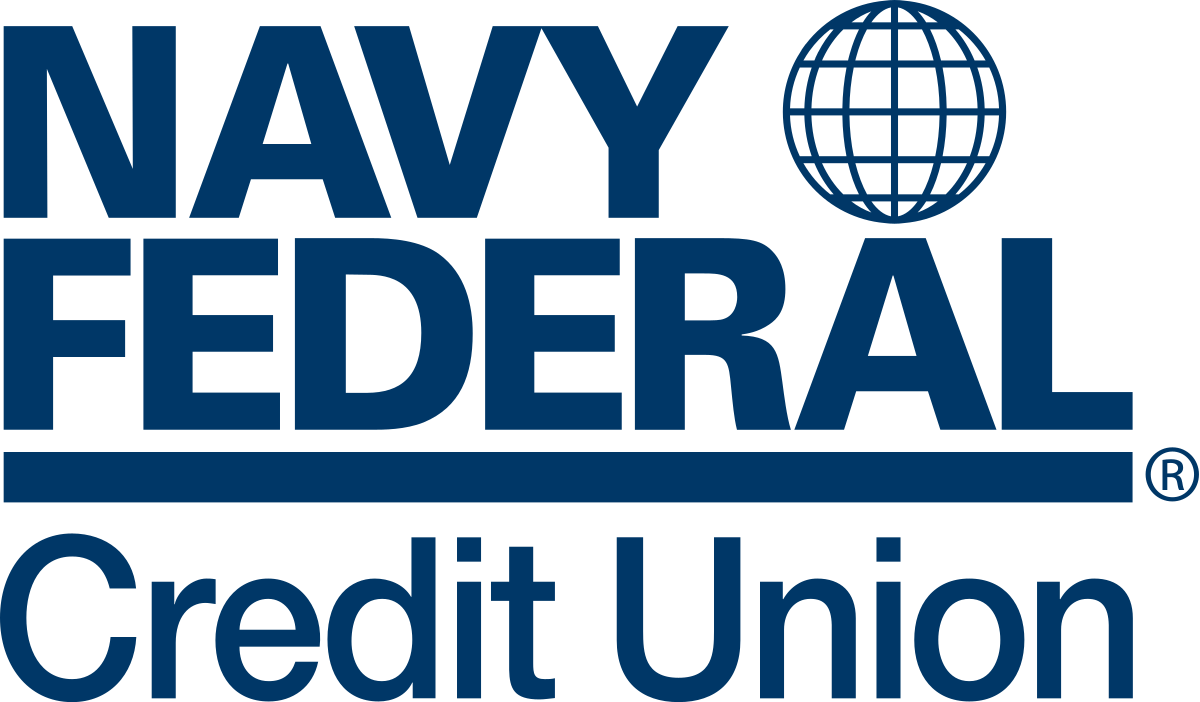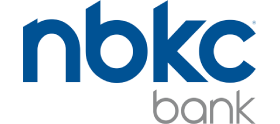
The best business checking accounts of 2024 allow you to manage day-to-day funds and transactions, while keeping expenses separate from your personal accounts. The best options have low fees and come with useful features, such as unlimited transactions, online banking and access for employees.
Account details and annual percentage yields (APYs) are accurate as of April 5, 2024.
Best business checking accounts
Why trust our banking experts
Our team of experts evaluates hundreds of banking products and analyzes thousands of data points to help you find the best product for your situation. We use a data-driven methodology to determine each rating. Advertisers do not influence our editorial content. You can read more about our methodology below.
- 200+ accounts from 80+ financial institutions reviewed.
- 4 levels of fact checking.
- 70+ data points analyzed.
We looked at more than 200 business checking accounts offered by 80 financial institutions, including TD Bank, Wells Fargo and Citibank, PNC Bank and LendingClub.
We evaluated them to create a star rating for each. A perfect score of 100 would get five stars; a score of 80 would get four stars and so on. Here are the categories we analyzed and how we weighted each.
Fees: 35%
The first rule of a checking account, whether for yourself or your business, is to do no harm. Therefore we gave the biggest weight to those accounts that charged the least amount in fees, especially for maintenance fees, insufficient fund fees (NSF) and ATM fees.
Customer and digital experience: 25%
Banking should be a no-drama experience, therefore we surveyed reviews, and key features, to see how well businesses fared using different financial institutions. To help determine a score, we factored in a bank’s Better Business Bureau (BBB) and Trustpilot scores, and we also rewarded banks that offer live chat online. Each criteria was worth 5%.
Relatedly, we want banks that provide a good digital experience when managing funds for your business, especially as so much of banking has moved online. We gave a 10% weight to digital experience, with equal consideration to whether a bank offered online bill pay and had a robust online banking platform, in addition to how well its app rated on the App and Play stores.
Features and limits: 20%
Ideally, you’d be able to spend however much you wanted, and pocket as much cash as you desired. Therefore, we gave a 5% weight to both limits, with points scored for offering your business maximal freedom.
We also rewarded accounts that included features that made it easier for your business to function, with a 5% weight on both merchant services and an integration with accounting and payroll.
APY and minimum opening deposit: 10%
Rewards checking is a nice perk, but it isn’t fundamental to the purpose of a business checking account. Therefore, we gave it a 5% weight. We gave the same weight to minimum opening deposit requirements, with the goal of rewarding accounts that offer a lower barrier to entry.
Access: 10%
While online banking is prevalent, there’s still a demand for a physical presence. Therefore we gave a 5% weight to a bank’s ATM network, as well as the number of branch locations. In a perfect world, you’d be able to handle sticky problems in person, when needed.
Why some banks didn’t make the cut
Some banks didn’t make the cut because of factors like high fees, poor customer and digital experience and transaction and cash deposit limits. These factors can have a large impact on your ability to run your business.
Compare the best business checking accounts
Quick tip. Not all business checking accounts offer the same benefits and features. Read the fine print so you can pick the best option for you.
What is a business checking account?
A business checking account is a bank account similar to your personal checking account, but it’s owned by your business. All your transactions, deposits and expenses go through this account making bookkeeping much simpler.
If your business is an LLC or other corporation, having your business finances separate from your personal finances can give you protection from lawsuits.
When opening a business checking account it’s important to look at monthly fees and minimum balance requirements, as they tend to be higher with stricter terms compared to personal checking accounts. Also, make note of any transaction limits. Some business checking accounts have limits as low as 100 transactions per month and a lot of businesses will exceed this limit.
Pros and cons of a business checking account for your business
Keep your business finances from your personal finances
If your LLC or corporation encounters any legal problems in the future, a business checking account can offer liability protection.
“From a legal standpoint, keeping personal and business expenses separate is important to reduce or eliminate liability from the business owner’s personal finances in the event the owner encounters business debts or legal problems,” said Adrienne Davis, a certified financial planner and advisor at Zenith Wealth Partners, a financial planning firm. “Having a business bank account can also be helpful to build a banking relationship with a bank, in the event a business owner wants to take out a business loan.”
Quick tip. Keep your business and personal expenses separate. You’ll be better able to track your spending, while also reducing a headache when you go to file your taxes.
Typical business checking account terms and fees
Account terms and fees vary by financial institution, but there are common terms and fees for business checking accounts, including:
Maintenance fees
Maintenance fees, also known as service or monthly fees, are what you owe to keep an account open. Larger banks tend to have higher fees, especially for their premium business checking accounts. Usually there are ways to have monthly fees waived, often by meeting minimum balance requirements.
Wire transfer fees
Wire transfers electronically transfer funds from one account to another. Banks typically charge wire transfer fees which tend to run anywhere between $10 and $50.
Read more: How to open a bank account
Overdraft fees
When you have insufficient funds in your account and can’t cover the cost of a transaction the bank may let you go into the negative. When this happens you may receive an overdraft fee, which typically is about $35. If your account continues to be overdrawn, you could be subject to continuous or daily overdraft fees, which could quickly add up.
Insufficient funds fee (NSF)
When you don’t have enough in your account to cover a transaction, you could end up with an insufficient funds fee (NSF). An NSF fee is typically about $34 and can quickly add up just like overdraft fees.
How to choose the right business checking account
Once you know what to look for, you shouldn’t have a hard time choosing the account that best suits your business and financial needs.
No fees or minimums
You want to use your money to grow your business, or to take home as profits. You don’t want to pay the bank fees you don’t have to. Look for checking accounts that fit your natural habits, for example if they charge low balance fees and you don’t regularly keep a lot of money in your account then you’ll want to keep looking.
However, if you don’t do wire transfers it doesn’t matter how much the bank charges for them.
Access
Online banking is helpful for businesses and makes it easier to take care of payments.
“I know it seems logical, but I would think about what is most important to you and your business,” said Thomas A. Lane III, a certified financial planner and partner at Lane Hipple Wealth Management Group. “Some banks offer technology that integrates seamlessly with the accounting or payroll software you’re currently using, which can create efficiencies for you and increase productivity.”
Paying too much to bank? How to avoid checking account fees
Customer and digital experience
A good digital experience can help you manage your funds and allows you to track your business’s day-to-day spending. Online banking is supposed to make your life easier, so the better the digital experience, the better fit the account could be for you.
Reviews on the App store and online can help you decide whether you want to open a business checking account from a specific bank.
Frequently asked questions (FAQs)
If you are receiving payments to your business name then your business will need a checking account. You can’t deposit a check made out to a business into your personal accounts.
But beyond that it’s a good idea to keep your business and personal expenses separate. It allows for cleaner bookkeeping and makes things much easier at tax time. Run all of your business transactions — both income and expenses — through your business checking account. You’ll be able to see exactly how much your business is earning and spending.
“Keeping business expenses separate not only is crucial for proper and accurate tax deduction purposes but it also makes financial reports easier and more accurate,” said Lauren Prince, a certified financial planner and owner of Prince Financial Advisory. “This helps to keep track of business success defined as profits and to determine productivity and cost efficiencies.”
You’ll want to keep enough in your business checking account to allow you to cover any upcoming expenses and avoid overdrafts.
“The checking account balance should cover expenses so you would need to have a good feel about cash flow with money coming and money going out,” said Prince. “Having a fudge factor for contingencies helps to keep the books straight.”
Absolutely. All the accounts on this list have no monthly fees and offer lots of free perks. As you do your research you’ll want to keep your own situation in mind. For example, if you send and receive a lot of international wire transfers you’ll want a bank that can affordably accommodate that.
Or, if you have a lot of individual transactions then you’ll want to make sure that your bank doesn’t charge you for excess transactions.
Yes, most banks allow you to open a business checking account online. Consider your needs here as well. If you want to be able to go into a bank sometimes you’ll want to choose a bank that also has local branches. However, if online banking will satisfy all your needs then a bank that operates entirely online might be a perfect fit.










